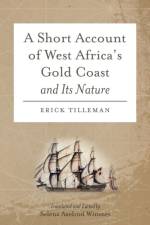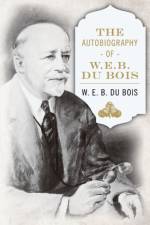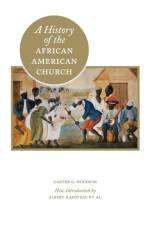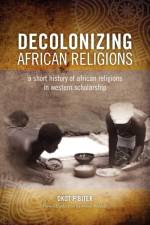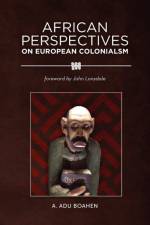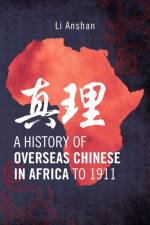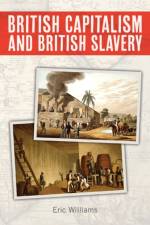av Carter G Woodson
277
Carter G. Woodson's classic text on the emergence of African American churches, chronicling their story out of the eighteenth-century evangelical revivals and their transformations through the nineteenth and early twentieth century, is important for reasons other than "black church" history. With the exception of recent books, such as C. Eric Lincoln and Lawrence H. Mamiya's "The Black Church in the African-American Experience," Woodson's text remains one of the best overviews of the topic. But Woodson's text is also a significant account of the ways in which Christian-based instruction and socialization shaped not only class divisions and vetted leadership among, but also shaped who/what became the "Negro/Colored/Black/African American." For even the "Father of Black History," as Woodson is often called, could not escape the spell casted by the prevailing Christian ideology of his time, and in the earlier periods he investigated. In fact, Woodson viewed "Christianity [as] a rather difficult religion for [the] undeveloped mind [of the enslaved African] to grasp," and never questioned this Christianity or probed the African basis of rituals and ideas among the enslaved and the emancipated. Instead, Woodson extols the virtues of Christianity among the converted, and the men who established the various churches in African descended communities, including the educative, social, economic, and political roles played by these institutions after the U. S. Civil War. There is little here about those who adhered to spiritual or religious practices and ideas that remained as close to Africa as possible.For Woodson, then, the ministry was one of the highest callings and occupations to which African American male leaders could aspire, and from which they accrued prominence within their communities at a time when religious instruction was the primary schooling option available. These "educated Negroes," as Woodson called them, were now armed with the Christian religion, Christian names, and a dream to partner (in an inferior position) with the dominant values and views of white society, which all created sectarianism and, eventually, two divergent visions among African descended peoples in North America. Nineteenth century converts split along "class" lines, and urbanized elites developed a Christian distaste for their kinfolk who continued to engage in African-based rituals and practices, such as the ring shout. By the first quarter of the nineteenth century, these elites began to seek equal rights and full acceptance by whites-thus the need to distance themselves from things "African" and despite the fact that a few church organizations kept the term "African" as part of their name. The majority of the African-based community saw racism and its insidiousness as deeply rooted in their fight for human rights, while the elites viewed slavery and discrimination as obstacles which prevented "their" particular progress rather than a collective advancement. Since Woodson, writing in the first quarter of the twentieth century, had access to individuals who were either enslaved or children of the enslaved, his account is still therefore relevant as both a source and as a story that captures some of the foregoing processes in African and African American history.

